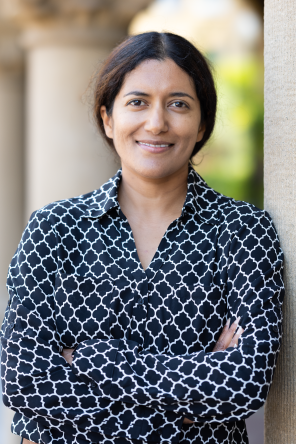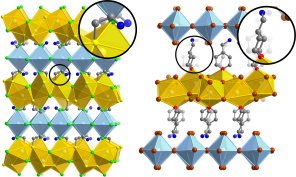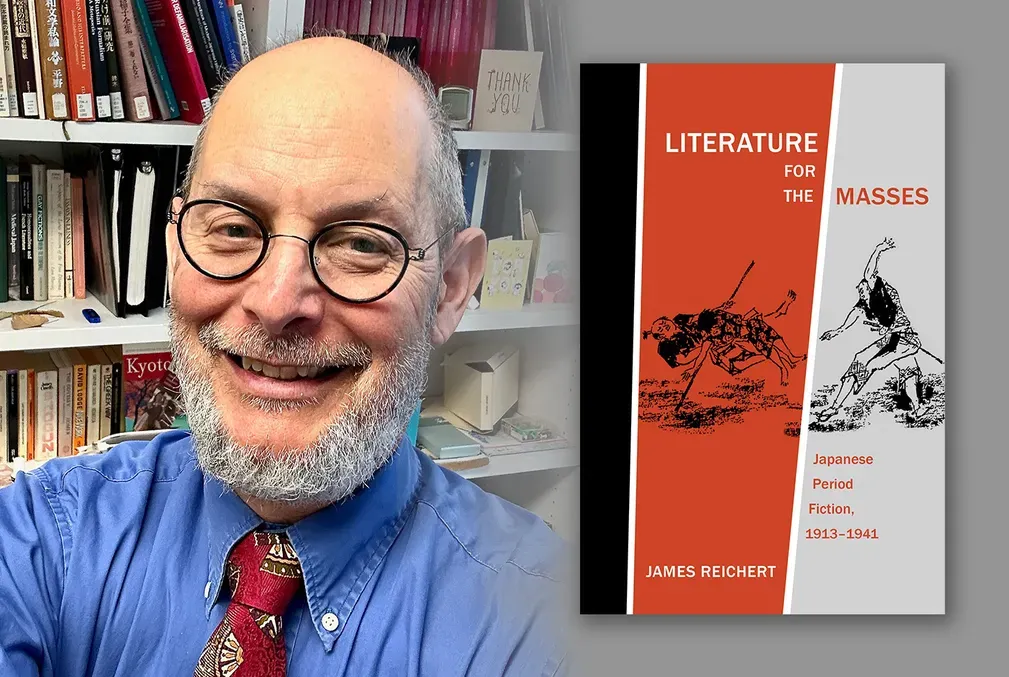Stanford chemist Hemamala Karunadasa receives Brown Investigator Award
The award, which supports mid-career chemists and physicists, will provide Karunadasa with $2 million for foundational research.
Hemamala “Hema” Karunadasa, associate professor of chemistry in the School of Humanities and Sciences, is one of four recipients of the 2022 Brown Investigator Award.
The five-year, $2-million award from the Brown Science Foundation recognizes foundational research in chemistry and physics. Recipients are selected from a highly competitive pool of mid-career U.S. scientists who have been nominated by their universities for this award.
Karunadasa, who is also a senior fellow at the Precourt Institute for Energy and faculty scientist at the SLAC National Accelerator Laboratory, specializes in synthesizing inorganic materials such as perovskites. Perovskites are crystalline solids composed of corner-sharing octahedra. Halide perovskites have recently shown promise in solar cells as well as in light-emitting devices. Karunadasa’s lab has identified 2D perovskites as stable solar-cell absorbers and as white-light emitters for artificial illumination.
"I'm grateful to the Brown Science Foundation for giving my group the scientific freedom to explore fundamentally new materials; there are so many ideas we want to try out, and this award comes at exactly the right time,” Karunadasa said.
The Brown award will support her new work on layered heterostructures, which are solid materials with alternating layers of different composition and connectivity. These layered heterostructures spontaneously self-assemble in water, with small organic molecules directing the assembly. These layered heterostructure semiconductors have numerous applications in the field of electronics. Karunadasa’s first report on this vein of research was published last year in the journal Nature and was featured in an animated SLAC story that describes how layered heterostructures assemble.
“We couldn’t have been more pleased with the strength of candidates in just the second year of this growing program,” said Marc Kastner, external science adviser for the Science Philanthropy Alliance and chair of the foundation’s scientific advisory board, in a press release. “It’s a testament to the number of mid-career researchers willing to take risks and push the bounds of chemistry and physics.”
The Brown Investigator Award program was founded in 2020 by Ross M. Brown to provide financial support for mid-career researchers in the fields of physics and chemistry doing curiosity-driven basic research.
"Technological innovations often start with new materials,” Karunadasa said. “I applaud the Brown Science Foundation for investing in foundational research.”





